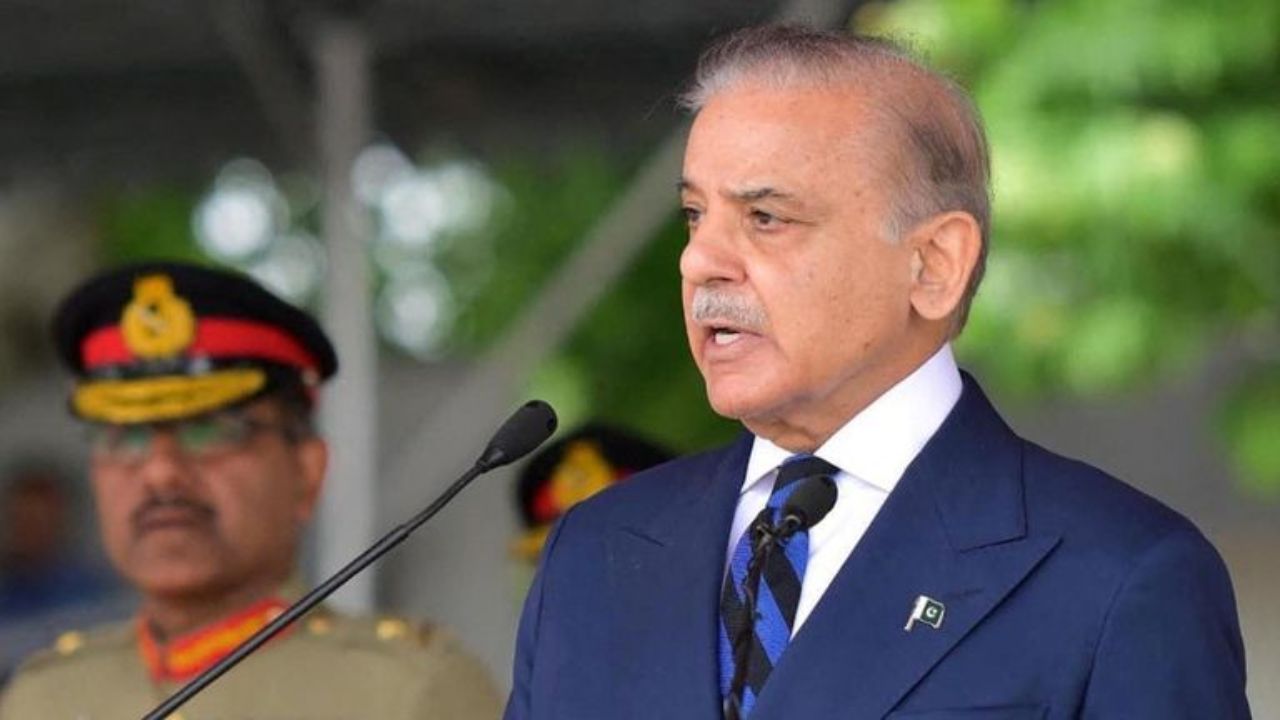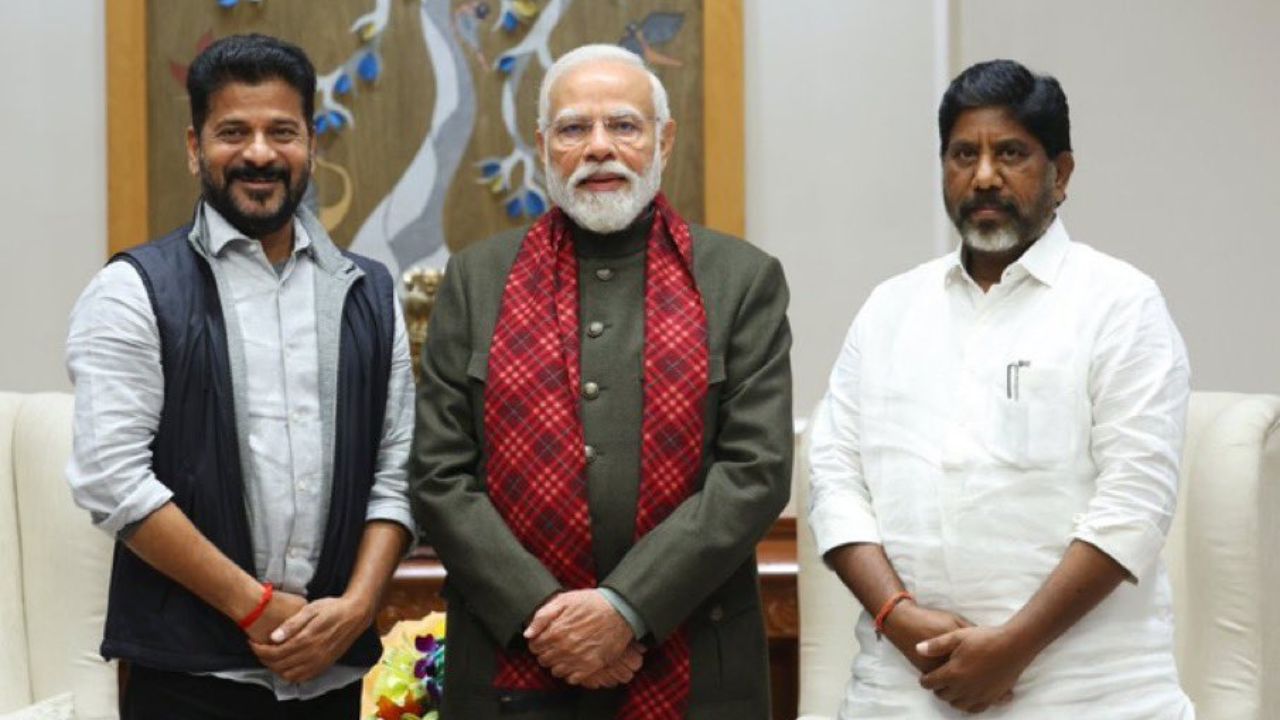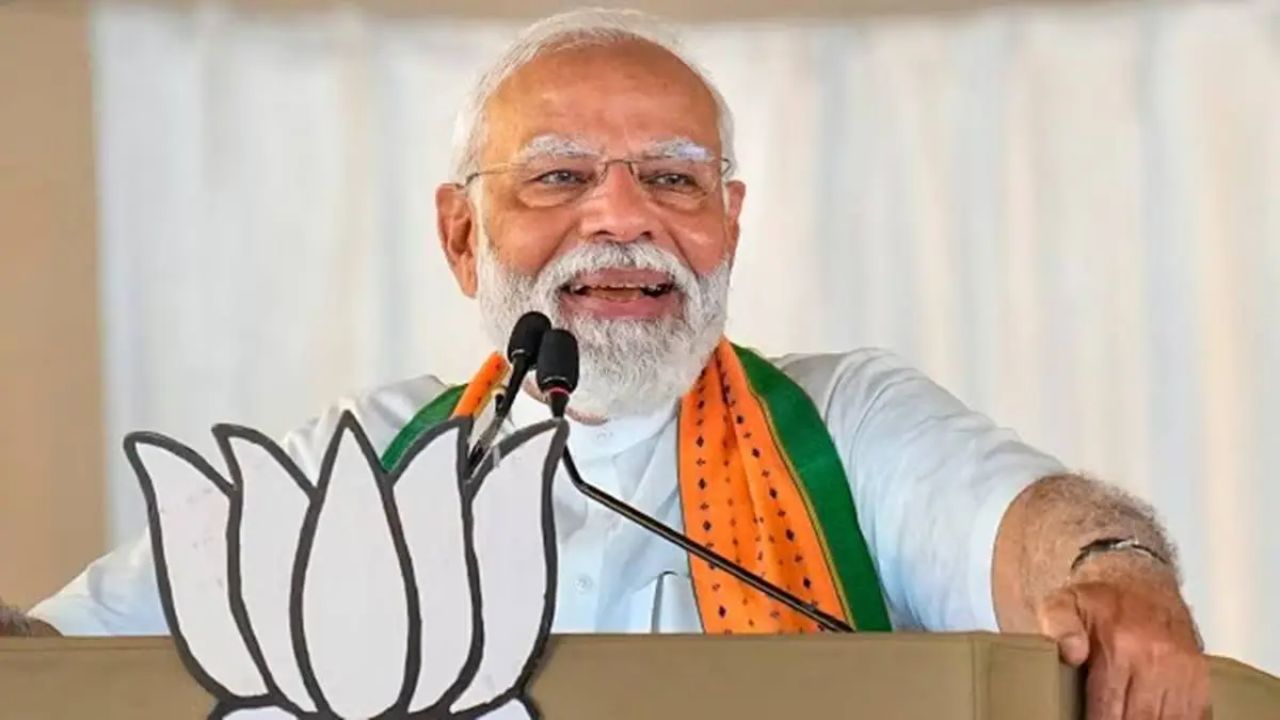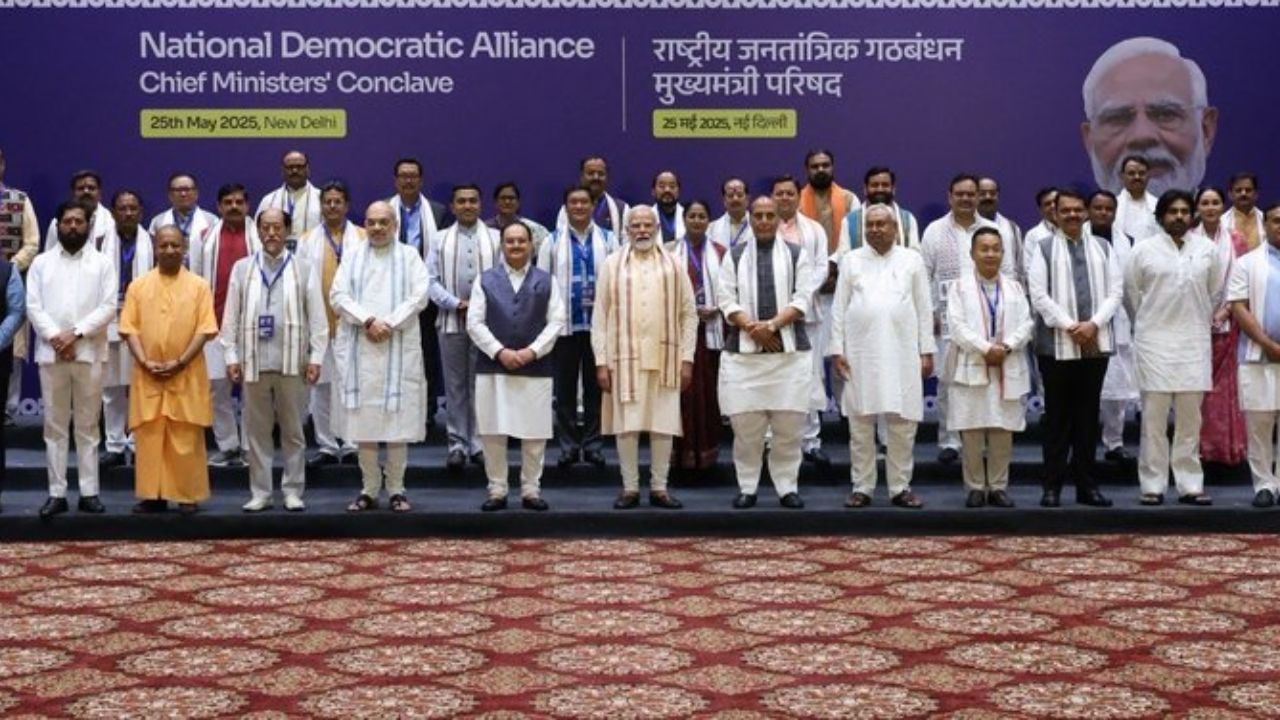Defence Ministry streamlines weapon acquisition for rapid deployment
Defence Ministry Moves to Fast-Track Weapon Procurement, Seeks DAC Approval New Delhi: The Defence Ministry will seek approval today from the Defence Acquisition Council (DAC), chaired by Defence Minister Rajnath Singh, to significantly reduce the time

Defence Ministry Moves to Fast-Track Weapon Procurement, Seeks DAC Approval
New Delhi: The Defence Ministry will seek approval today from the Defence Acquisition Council (DAC), chaired by Defence Minister Rajnath Singh, to significantly reduce the time required for acquiring defense equipment. The initiative aims to eliminate bureaucratic delays that hinder India’s military preparedness.
Currently, the average time for defense acquisitions is 96 weeks (two years). The ministry wants to compress this to just 24 weeks (six months) to enable faster procurement of critical platforms.
Overhauling the Acquisition Process
According to senior officials, the existing capital acquisition process, governed by the 657-page Defence Acquisition Procedure (DAP) manual, has long been criticized for inefficiencies. Despite amendments in 2020, delays persist in key acquisitions, including:
- Rafale fighter jets
- Rafale-Maritime fighters (pending CCS clearance)
- Three additional Scorpene-class submarines
- Project 75I Air-Independent Propulsion submarines
- Predator drones
To address these challenges, the proposal before the DAC lays out strict deadlines for crucial steps such as Request for Proposals (RFPs), Field Evaluation Trials, and Contract Negotiations, ensuring that the process is completed within six months.
Key Changes in the Procurement Process
🔹 RFP Process to Start Earlier: Until now, armed forces initiated the RFP process only after receiving Acceptance of Necessity (AON) from the DAC. Under the proposed changes, RFPs will be prepared in advance, even before seeking AON, to accelerate approvals.
🔹 Faster Field Evaluation Trials: Traditionally, weapon systems are tested under extreme conditions, including polar and desert environments, leading to long delays. The new system will leverage simulated testing environments to conduct trials in parallel, reducing the time taken.
🔹 Expedited Contract Negotiations: The Contract Negotiation Committee (CNC), led by senior Defence Ministry officials, must finalize deals within six months instead of engaging in prolonged negotiations. This will prevent acquisitions from stalling before reaching the Cabinet Committee on Security (CCS), chaired by the Prime Minister.
Ensuring Accountability & Swift Decision-Making
By compressing the acquisition timelines, the Defence Ministry aims to:
✅ Increase accountability among both the armed forces and government officials.
✅ Prevent cost escalation due to delays in price negotiations.
✅ Ensure India’s defense readiness by expediting high-end acquisitions.
The Modi government’s push for faster decision-making in defense procurement is expected to bolster military preparedness and eliminate bureaucratic bottlenecks that have historically delayed critical weapons systems.





